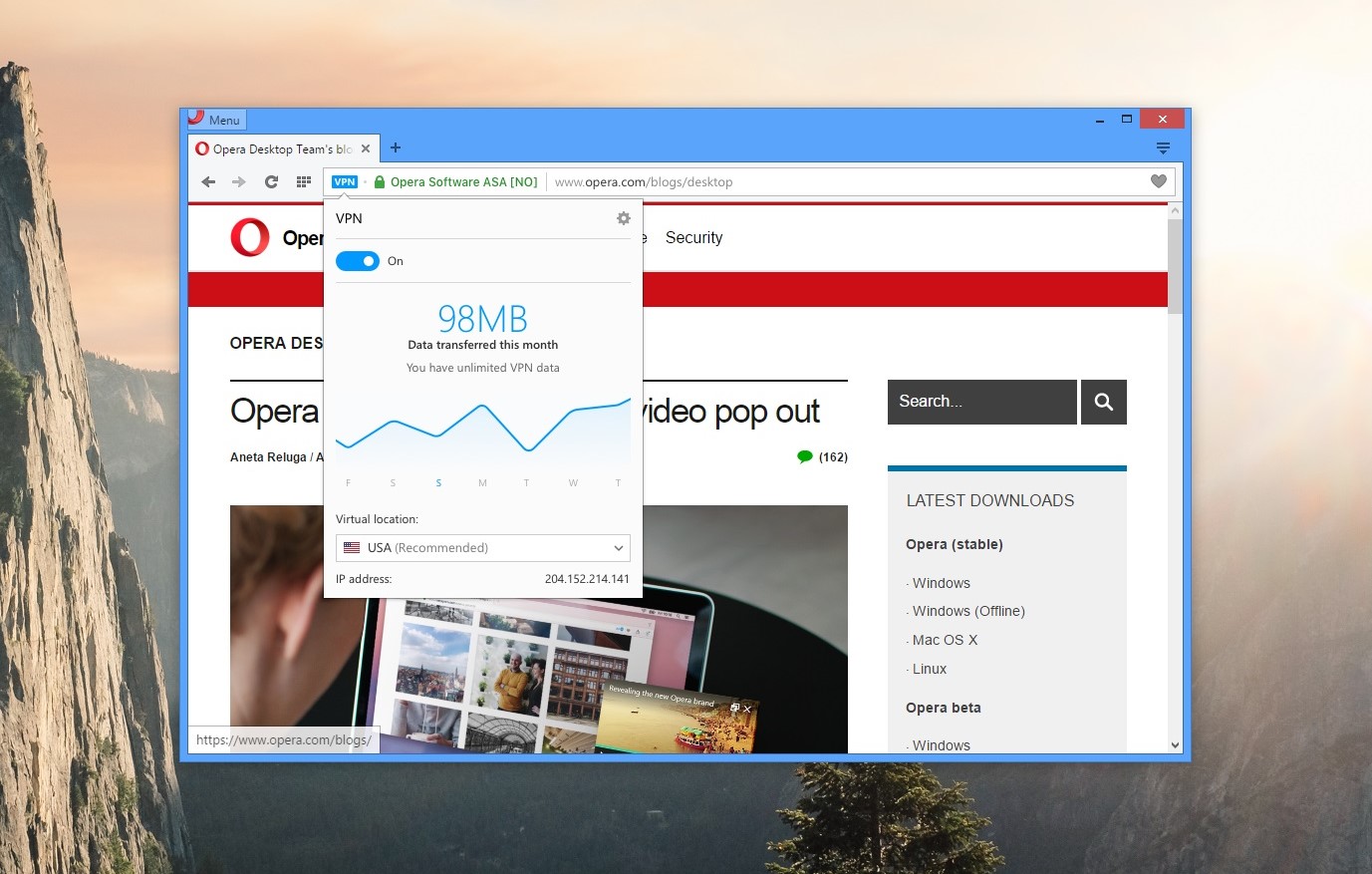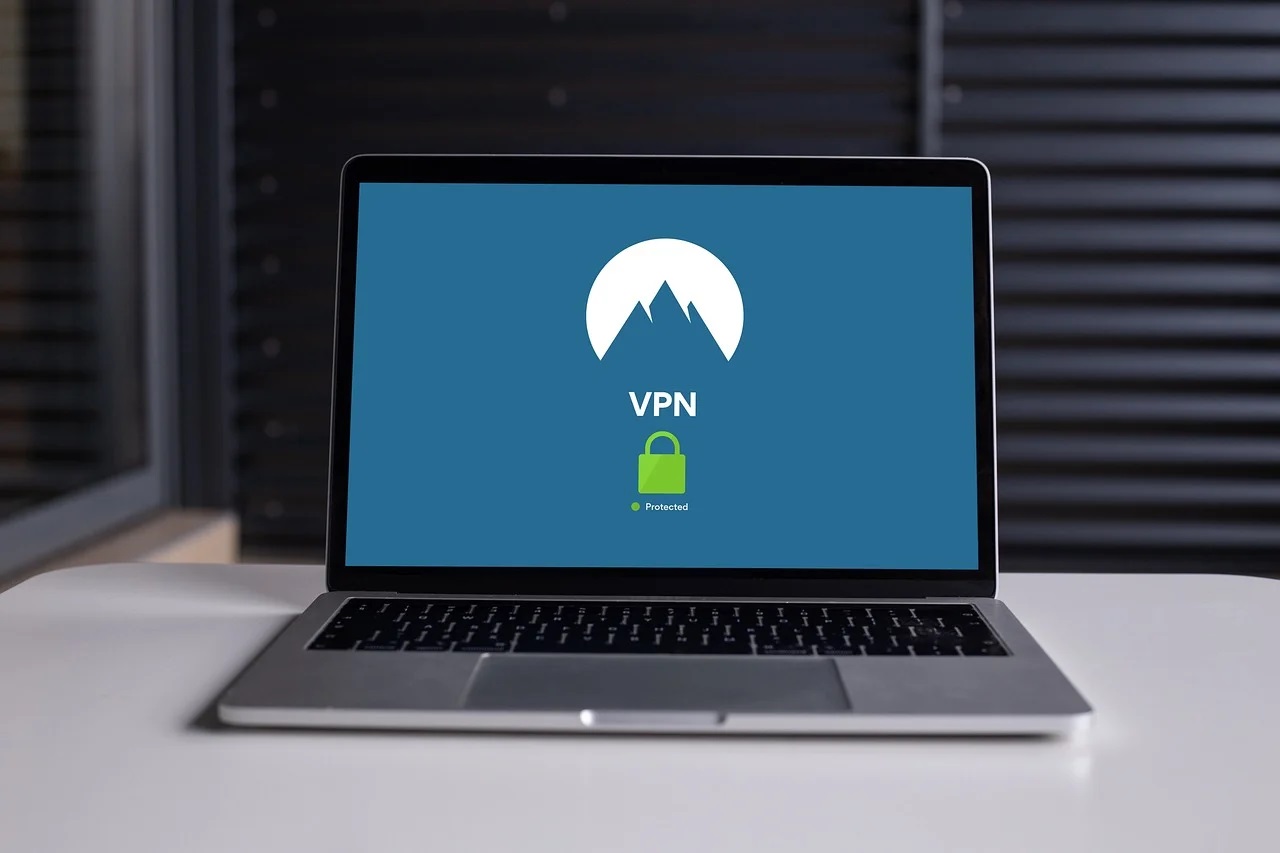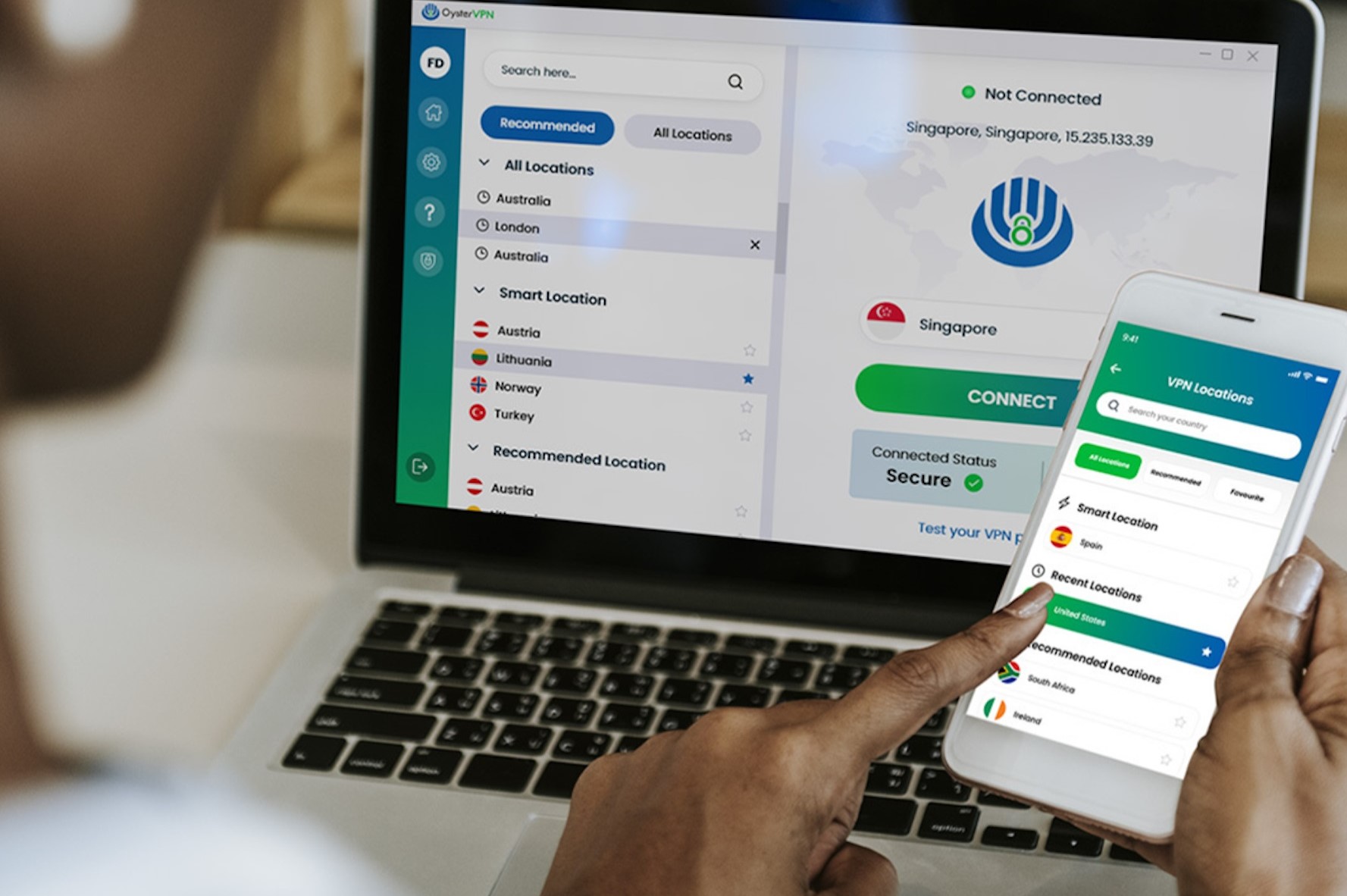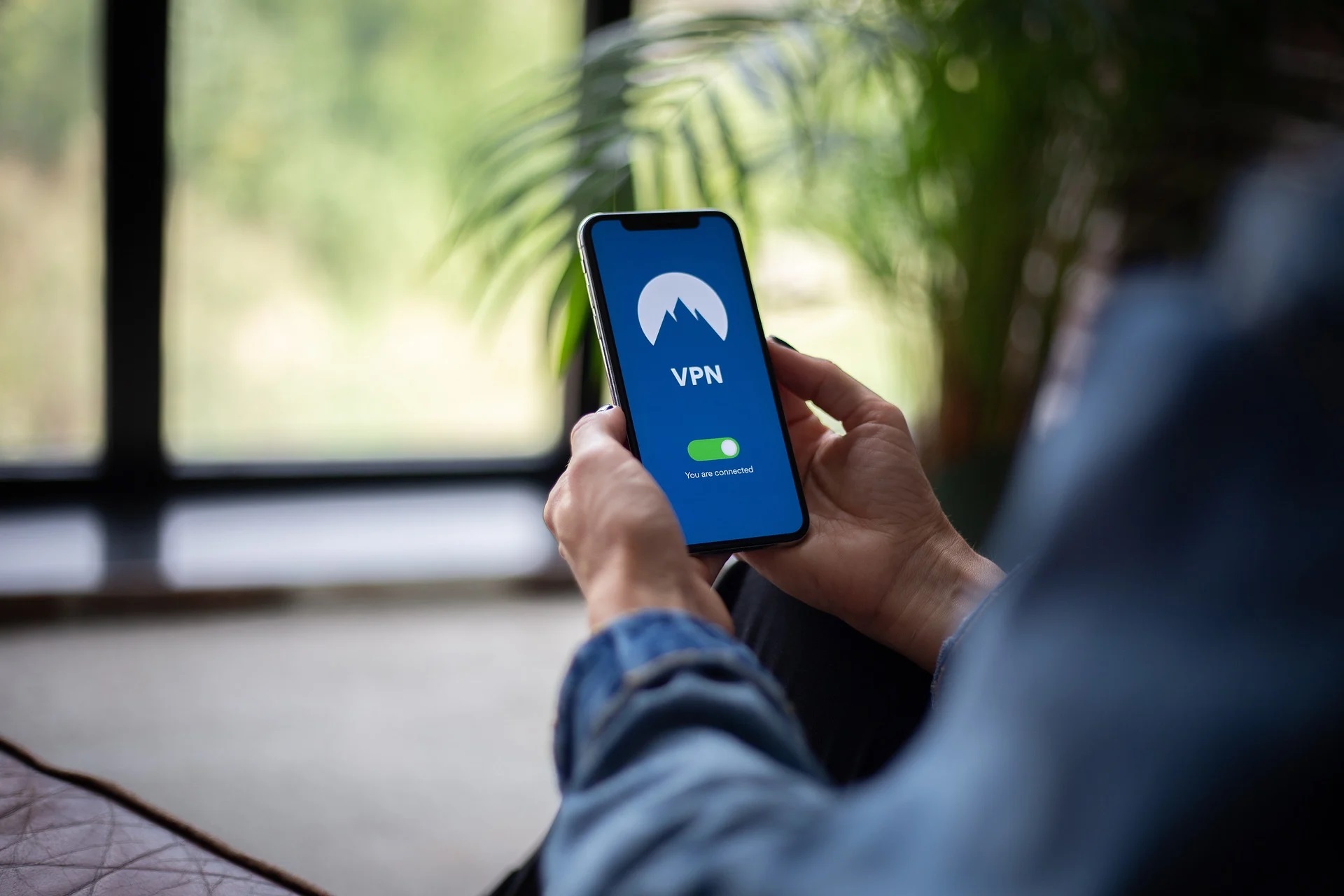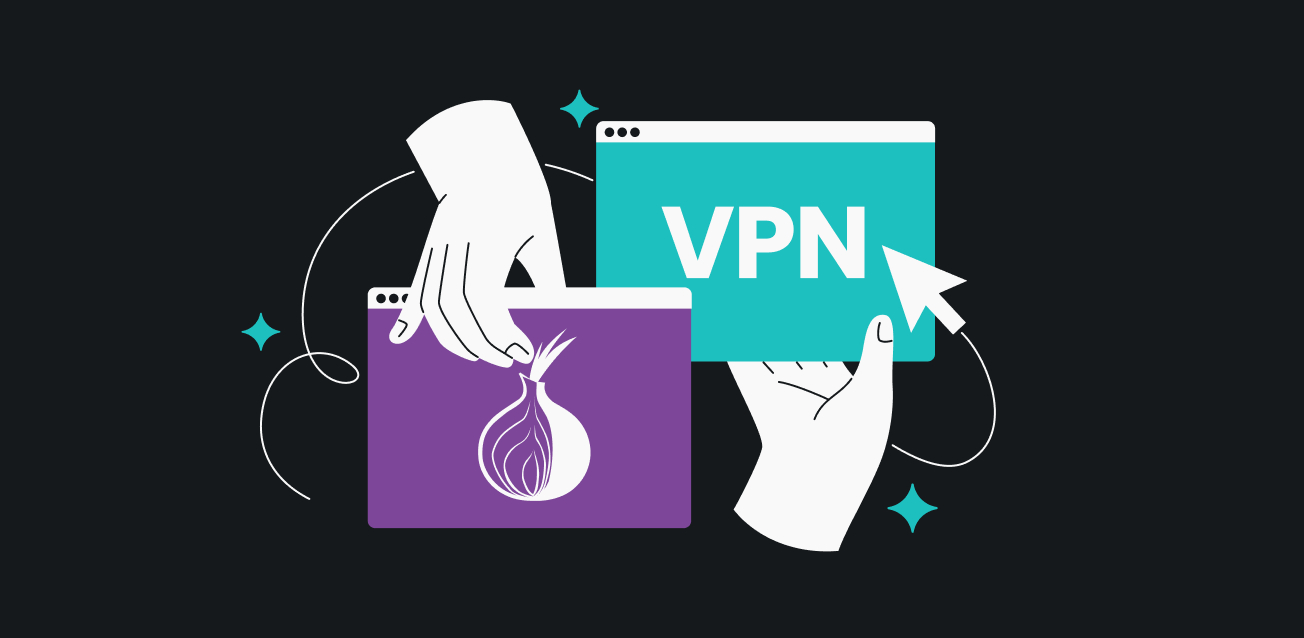Home>Software and Apps>Ensuring Safety: Evaluating the Security of Opera VPN


Software and Apps
Ensuring Safety: Evaluating the Security of Opera VPN
Modified: September 5, 2024
Learn how to assess the security of Opera VPN and ensure the safety of your software and apps. Get expert tips and insights for a secure browsing experience.
(Many of the links in this article redirect to a specific reviewed product. Your purchase of these products through affiliate links helps to generate commission for Techsplurge.com, at no extra cost. Learn more)
Table of Contents
Introduction to Opera VPN
Opera VPN is a free, built-in service within the Opera browser, designed to provide a secure and private browsing experience. By encrypting internet traffic and masking IP addresses, it aims to enhance user privacy. This service uses industry-standard encryption protocols and operates on a no-log policy, ensuring user data remains unrecorded during browsing sessions.
Read more: The Safety of VPNs: Explained
Encryption Methods
256-Bit Encryption
One primary factor in evaluating VPN security is the encryption method. Opera VPN employs 256-bit encryption, the strongest available in commercial applications today. This level of encryption makes it virtually impossible for hackers to intercept and decode data using brute-force methods. The encryption key's length translates to over a billion years of computational time required to crack it with current technology.
No-Logging Policy
Importance of No-Log Policy
A no-log policy means the VPN service does not record or store any user data, including browsing history, IP addresses, or other sensitive information. This policy is crucial for maintaining user anonymity and privacy. Opera VPN adheres to a strict no-log policy, ensuring users' browsing activities remain private and unmonitored.
How Opera VPN Works
Activation
To enable Opera VPN, users need to go to browser settings and toggle on the VPN feature. This activation will display a blue badge in the address bar, indicating a secure connection.
Encryption
Once activated, Opera VPN creates a secure tunnel between the user's browser and one of Opera's physical VPN servers. This tunnel encrypts all internet traffic using 256-bit encryption, ensuring sensitive data like passwords and credit card information remain confidential.
IP Masking
The VPN service masks the user's IP address with a virtual IP address from the VPN server. This makes it difficult for websites and online services to track the user's real location, enhancing anonymity and privacy.
Read more: How To Enable VPN In Opera iPhone
Data Transfer
Encrypted data is transmitted through the secure tunnel to the destination server. The VPN service monitors data transfer but does not log any information about user activities.
Security Features of Opera VPN
Encryption Protocols
Opera VPN uses industry-standard encryption protocols such as Secure Socket Layer (SSL) and Transport Layer Security (TLS) to create an encrypted data transmission tunnel. These protocols ensure all data transmitted between the user's browser and the VPN server remains confidential.
Fraud and Malware Protection
Opera VPN includes fraud and malware protection features that check user requests against a blocklist database of phishing and malware websites. This helps protect users from accidentally visiting malicious sites or downloading malware.
Real-Time Protection
Fraud and malware protection is continuously updated with new blocklists of known malicious websites, providing real-time protection against emerging threats. Users are also alerted about potentially harmful sites, detailing risks and advising caution.
No-Log Policy
As mentioned earlier, Opera VPN adheres to a strict no-log policy, ensuring user data is not recorded or logged during browsing sessions. This policy is essential for maintaining user anonymity and privacy.
Limitations of Opera VPN
Transparency Concerns
Some users have raised concerns about the transparency of Opera's VPN service, particularly regarding its logging policies and the degree of anonymity provided. Although Opera claims to have a no-log policy, some users may still be skeptical about the level of data protection.
Read more: How To Use Opera VPN
Performance Issues
Like any VPN service, Opera VPN may experience performance issues such as slower internet speeds or connectivity problems. These issues can be mitigated by choosing a closer VPN server location or optimizing browser settings.
Third-Party Databases
While Opera VPN uses blocklist databases to check for phishing and malware sites, these databases may not be as comprehensive as those used by other major browsers. For example, Google's Safe Browsing database is widely regarded as one of the most effective tools for detecting malicious websites.
Additional Security Measures
Cybersecurity Education
Educating oneself about the latest cybersecurity threats and knowing how to recognize them can significantly reduce the risk of being tricked by scammers and fraudsters. Regularly updating software and applications is also crucial for patching security vulnerabilities.
Read more: CyberGhost VPN: Ensuring Your Online Safety
Virtual Cards
Using virtual cards for online transactions can add an extra layer of security. Virtual cards generate unique card numbers with expiration dates and CVVs, making it difficult for hackers to access financial details in case of a data breach.
Two-Factor Authentication
Implementing two-factor authentication (2FA) requires a password and an additional verification step to access an account. This feature significantly enhances account security by making it harder for unauthorized users to gain access.
Transaction Alerts
Setting up transaction alerts can help users detect and respond to unusual transactions immediately. This feature is particularly useful for monitoring online activities and preventing unauthorized transactions.
Final Thoughts
Opera VPN offers a robust set of security features designed to protect user privacy and anonymity. The use of 256-bit encryption, a no-log policy, and real-time fraud and malware protection make it a reliable choice for users seeking enhanced online security. However, it is essential to be aware of the limitations and potential concerns regarding transparency and performance issues. By combining Opera VPN with additional security measures such as cybersecurity education, virtual cards, 2FA, and transaction alerts, users can ensure a comprehensive and safe browsing experience.
Ultimately, the safety and security of Opera VPN depend on two major factors: encryption of internet traffic to and from the VPN server and no-logging. By understanding how these features work and employing additional security measures, users can confidently rely on Opera VPN to protect their online activities.

